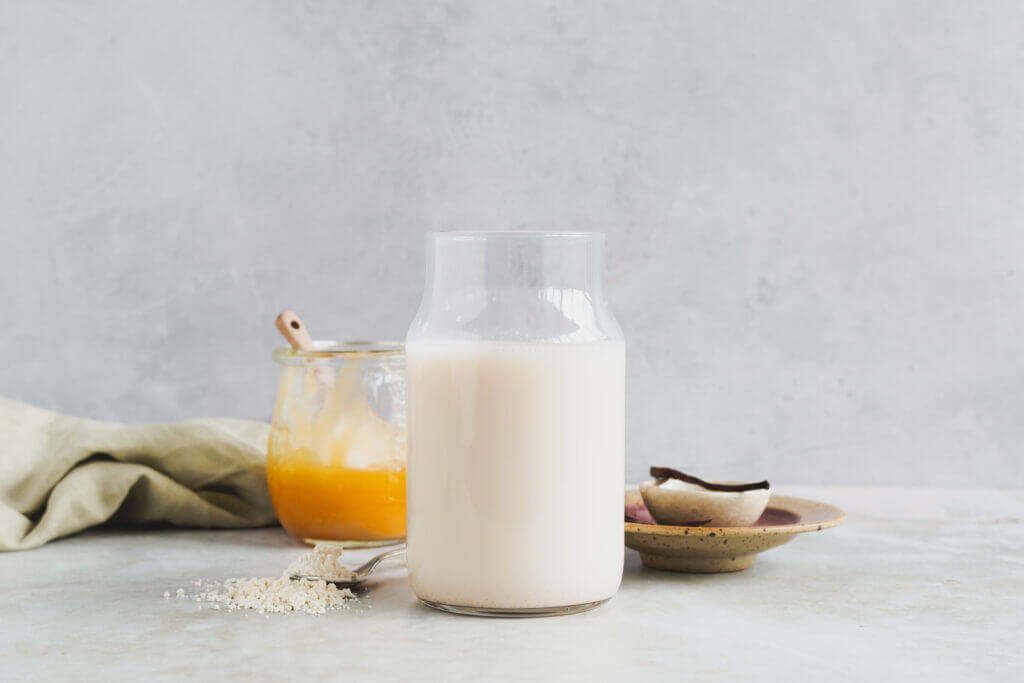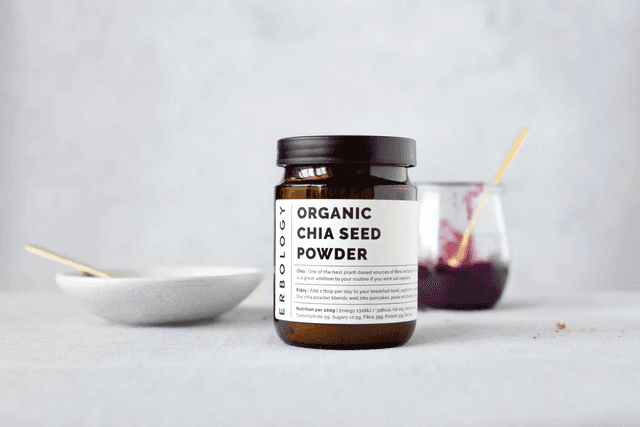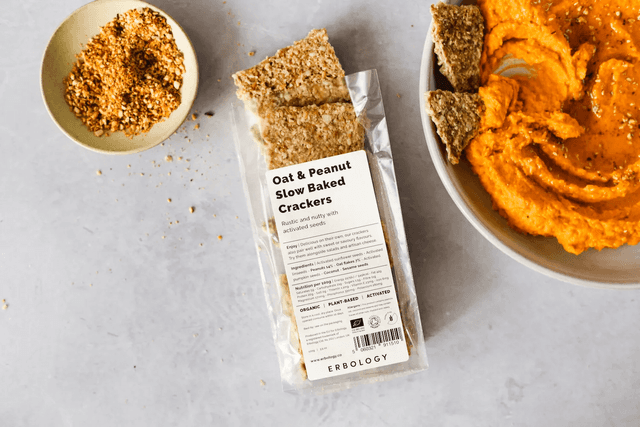28 Jun 2022
Is dairy good for you?
Growing up strong
Growing up, most of us can recall happily drinking milk, either by the glass, with cereal for breakfast or with cookies as a snack. Mum and dad promised that if we drank our milk, we’d grow tall and strong with healthy bones. On TV ads we would see kids ecstatically drinking milk, a guaranteed path to strong bones and muscles.

Yet today, dairy’s reputation in the media is incredibly confusing and unclear, to say the least. Depending on the latest fad diet or recently published study, dairy is either a superfood or poison to avoid at all costs. So what are the facts? Is dairy good for you or bad for you?
The short answer is that dairy isn’t absolutely necessary in the diet for most healthy grown adults. However, for many people, it is an easy way to cover their daily requirements for calcium, vitamin D and protein for optimal functioning of the heart, bones and muscles. There are non-dairy alternatives available to meet nutritional requirements, we will touch on this later.
A source of calcium and protein
Dairy products such as milk, yoghurt and cheese are good sources of calcium. Calcium is an essential mineral required for healthy bones, reducing the risk of fractures and osteoporosis later in life. In fact, women over the age of 50 and men over the age of 70 have increased calcium requirements compared to their younger counterparts. Some countries fortify milk with vitamin D, which we also need to maintain healthy bone mass.
Moreover, older adults need protein to protect against age-related loss of muscle mass and strength, also known as sarcopenia. Dairy can be a good source of protein for this population. So that means dairy is good for you, right?
The answer is not so black and white. In fact, current scientific evidence is mixed with regards to the direct impact of dairy on human health. Some researchers state that too much dairy can be harmful, whereas other studies have shown health benefits derived from regular consumption of dairy products.
Is low-fat better than full-fat?
The current guidelines from the American Heart Association recommend that adults should consume low-fat or fat-free dairy products when possible rather than full-fat varieties.
This is due to the saturated fat content typically found in dairy, especially in products with higher fat percentages such as cheeses and cream.
However, it appears that new research has debunked this theory. In fact, it seems that full-fat dairy products (in moderation) may not be something to fear after all.
In 2018, researchers presented a report at the Congress of the European Society of Cardiology which involved 20 studies including approximately 25000 participants. The report didn’t find any association between the consumption of most dairy products and cardiovascular risk. The only exception was milk consumption. However, the results suggested that consumption needed to be very high (about one litre/day) in order for it to be linked to increased cardiovascular risk.(1)
Moreover, there is some evidence to suggest that specific types of dairy may have a protective effect against cardiovascular risk. In fact, the British Journal of Nutrition published a study looking at the relationship between fermented dairy product consumption and risk of heart disease. The results showed that participants who consumed higher amounts of fermented dairy foods such as yoghurt had a lower risk of developing cardiovascular disease compared to individuals who ate lower amounts.(2) It appears that specific types of dairy may be more good for you than others.
Bone health and peak bone mass
Calcium is indisputably linked to bone mass and health. Whether or not dairy consumption is the healthiest way to get calcium in the diet is another question. Various factors determine risk of fractures, including calcium intake, vitamin D levels, bone mass, bone loss, geometry and microstructure which are the product of peak bone mass. Peak bone mass refers to the point in time where our bones have fully developed and reached the “peak” of their mass. In other words, they are as strong as they will ever be! We normally reach this peak at the end of puberty. In fact, for this reason children and teenagers must have adequate calcium intakes to ensure healthy bone development.
Childhood and adolescence are a crucial window in which bones develop at an exceptionally fast rate. Calcium and protein intake specifically have a major impact on bone growth. Therefore adequate intakes of calcium and protein are essential to achieve optimal peak bone mass in developmental years, as well as to prevent bone mineral loss in older age.
Unfortunately, young girls are especially at risk of low calcium intakes which can negatively impact their peak bone mass and cause issues later in life. If you are a parent or carer of a teenage girl, please make sure she is getting enough calcium in her diet.

If you are concerned about calcium intake or any other nutrition related issue or eating disorder (increasingly common in young people), I strongly encourage you to reach out to a registered dietitian. They can advise you on the best way to approach the situation.
Related reading
undefined

Organic Chia Seed Powder

Organic Oat and Peanut Slow Baked Snacks

Organic Chia Seed Powder
